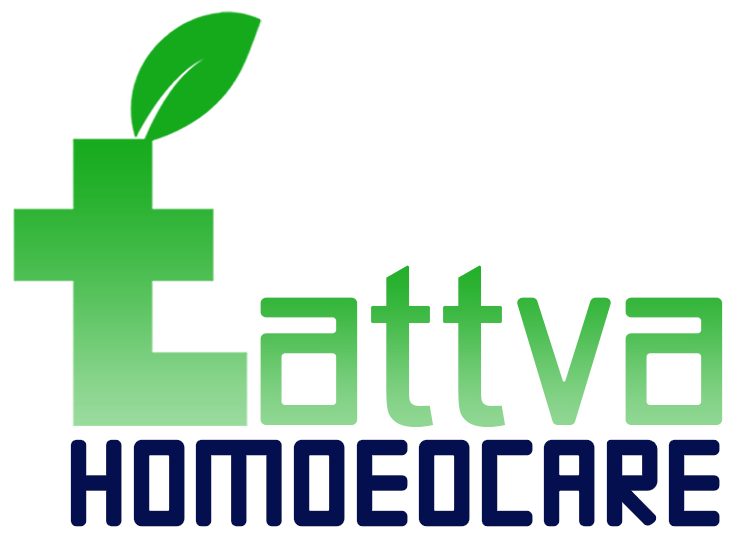Our body function is controlled by the higher centers in the brain, which consists of the amygdala, hypothalamus, limbic system. There are multiple studies done to prove that our emotions affect the functions of the body. Is there any medicine that acts on these centers? How do Homeopathy medicines give result in the restoration of mental diseases? Why reach out to a Homeopathy doctor when you have other methods to palliate your illness? Why is Homeopathy even growing as a science? Why a large number of people are opting for Homeopathy treatment? Why always complicate your condition and then choose Homeopathy treatment? Should you even believe in Homeopathy?
Why reach out Homeopathy Doctor?
Homeopathy as science is grown more than a century older. It was founded by Dr. Samuel Hahnemann who himself was an allopathy practitioner, but he was dissatisfied with the healthcare system which made him look for other ideal methods of treatment which would be a more gentle, rapid, and harmless way to restore health. This curiosity of his helped him found the system called Homeopathy.
The treatment method during his time in around 1800s was heinous like venesection, using emetics, purgatives, plasters, fontanelles, and cauterizations. The systems utilized various methods against disease, but usually, only improper ones and would rule in different forms of so-called systems. Every physician would come out with a different system of curing the illness and would have an estimation that they are able to treat the root cause. Physicians would only land up treating the outcome of the disease i.e. the swelling, hematoma, tumor, discharge, eruptions, etc. by draining the fluid, digging holes, cauterization, bloodletting, large doses of emetics, purgatives, etc. The concept of chronicity, deviation of mind and body from health to disease was the distant concepts of discussion for modern medicine practitioners.
Dissatisfied with such heterogeneous practices, or the science that lack principles in treating patients Dr. Hahnemann came up with the discovery of Homeopathy science with pure experimentation. His research and study concluded with various theories and principles like Nature’s law of cure, the law of similia, the Law of minimum dose, etc. Dr. Hahnemann favored treatment hand in hand with nature. Thus, treatment in the case of the Homeopathy system is based on certain principles and laws that are universally applicable.
Dr. Hahnemann complied in his book Organon of Medicine, 6th edition aphorisms which affirms that every physician should be able to perceive in every individual case, about the disease, he should have knowledge of the therapeutics, posology, and obstacles in the cure. A physician should have knowledge of things that derange the health and cause disease, and how he can prevent individuals from falling prey to those things. These are the various pillars that are the basis of the practice of Homeopathy. The sole aim of every physician is to restore patients back to their healthy state holistically.

Homeopathy Doctor- Is Taking Case History Important?
Homeopathic case taking starts from the time doctor speaks to the patient on call. The case history is taken in detail to know the process of onset of disease, its duration, and progress. It is important to establish rapport with the patient, the patient-doctor relationship is the basis of the management of the patient. The case taking is helpful in diagnosing the patient of physical and mental ailment, while taking the case of the patient, the doctor also observes the body language and analyze the mental state of the patient. The doctor’s case taking process comprise mostly of non-leading questions and then direct questions to come up with the remedy.
The motive of the case taking process is to come out with the diagnosis, prognosis, and management plan. The patient follow-ups are assessed on the basis of individual case requirements. The doctor advises for the investigation if he has to come out with the diagnosis or find out the extent of the disease process. The patient’s physical examination is also included in the process of assessment of the patient. The case taking process takes approximately 1.5 hrs to 2 hours.

Homeopathy medicine pharmacodynamics
It’s always a topic of discussion on how do the dilutions produce results!! Is it the placebo effect or the electromagnetic waves that produce an alteration in the liquid! Dr. Luc Montagnier, who is a virologist and founder of the World Foundation for AIDS Research and Prevention, was quoted in Science magazine defending homeopathy.
The French Virologist said: “What I can say now is that the high dilutions (used in homeopathy) are right. High dilutions of something are not nothing. They are water structures which mimic the original molecules”.
“What we found is that DNA produces structural changes in water, which persist at very high dilutions, and which lead to resonant electromagnetic signals that we can measure.”
There are incidences of clinical results obtained from the gentle and harmless treatment method i.e. by the use of the Homeopathy method. There is a lack of research done on medicines to prove the action or changes in the medicinal liquid by potentisation. The medicines get absorbed by the nerves and only act on the tissue that is diseased, it does not produce any adverse reaction.
Another aspect that is dealt with after the selection of remedy is the potency and its repetition. The potency selection and the repetition is decided on the basis of the susceptibility of the patient, pathology of the disease, progress of the disease, etc. The doses decided by your homeopathy doctor are very minimal, due to which the adverse reaction in the cases is unseen incidence.
Scope of Homeopathy
Homeopathy has a vast scope in the treatment of cases, be it chronic or acute. In recent times, there have been numerous success stories of recovery of patients ranging from allergy to neurodegenerative disease. Homeopathy medicines have a good scope in the restoration of mental as well as physical diseases. Homeopathy doctors ought to explain his patient the scope of recovery and prognosis of the illness.
- Rheumatoid arthritis
- Osteoarthritis
- Ankylosing spondylosis
- Allergic manifestations
- Bowel diseases
- Skin diseases
- Pediatric illnesses
- Geriatric illnesses
- Reproductive diseases
- Mental disorders, etc.
Limitations of Homeopathy
- Homeopathy founder Dr. Hahnemann has defined the scope of homeopathy in numerous cases, he stated that conditions that require mechanical fixation are beyond the scope of the medicinal requirement. Then comes the role of surgical intervention. In such cases also if the person is given an appropriate remedy for his smooth healing he will come out of the condition.
- Conditions in which there is an emergency intervention required to remove the patient from the suspended state where the danger to life and near-death allow no time for action of a homeopathy remedy, there is no disease to be removed. Like asphyxia and suspended animation from lightening, suffocation, freezing, drowning, etc.
For further information or query kindly get in touch. Thank you!


thank you for sharing, nicely explained homeopathy in gist…
Thank You, Dr. Kirti! Do share the article if you think it is relevant. 🙂